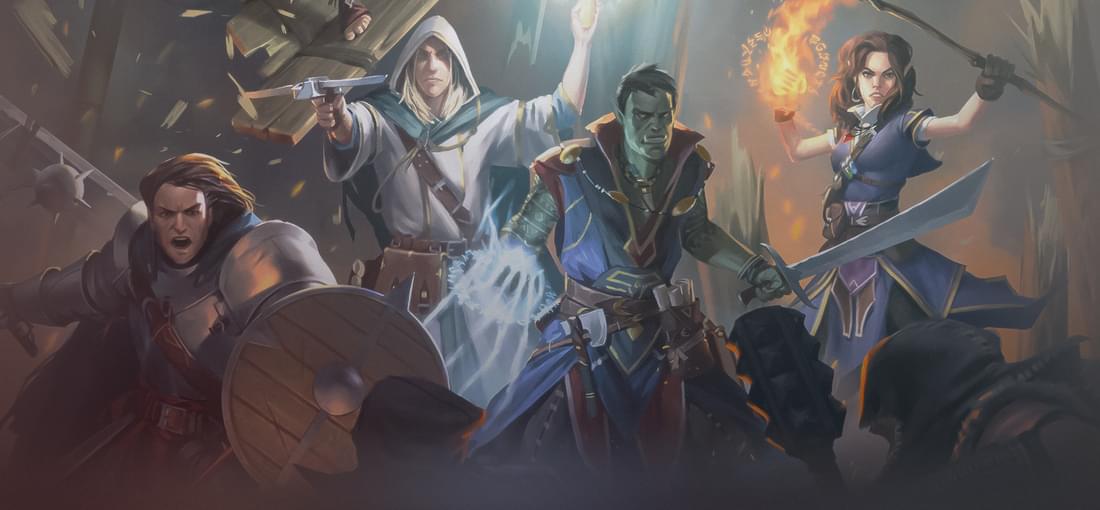


Ever since BG1, RPGs generally had either less freedom of exploration (BG2, IWD1-2, P:T, NWN1-2, KOTOR1-2, Shadowrun, Bloodlines) or too much of generic hiking-style exploration (Nu-Fallout, TES4-5). For comparison, BG2 barely had any exploration outside Athkatla. However, character-building in BG1 was primitive and the dialogues were often basic. PF:KM takes the unique formula of BG1 and fixes its flaws by adding a NWN-like character and dialogue system. Unusually for a modern RPG, it has moderately challenging encounters. Not all opponents can be defeated the first time you meet them. Sometimes, you have to flee or get creative. The infamous swarm fight early on is a good litmus test for lazy players. Firstly, it is not obligatory. You can go do other quests and return when you are stronger. Like in Gothic, you can often encounter opponents above your league, which makes defeating them all the more satisfying. Secondly, you can easily defeat the swarm with spells - including cantrips. It is as if people want to just click on opponents and win, unlike in other genres. The character building system is as good as in NWN or ToEE. There is a wide array of classes and feats that make them all diverse. Unlike other games, it puts diversity above streamlining. It requires planning, too. The setting, plot, and characters are solid. Perhaps the most valuable part is that the selection of companions is reasonably broad. The more common situation in current RPGs is that you get the P:T formula (1 party + a couple of obviously optional characters). Again, PF:KM bucks the sad trend. The early reviewers passed judgement prematurely. It was clear that the game was buggy at first, so the reasonable thing was to wait for it to get fixed. Instead, they succumbed to impatience, rushed to play it, and then gave it undeservedly poor ratings. This capriciousness at a time when good RPGs are a rare sight puzzles me. Now that it has been fixed, it is magnificent.